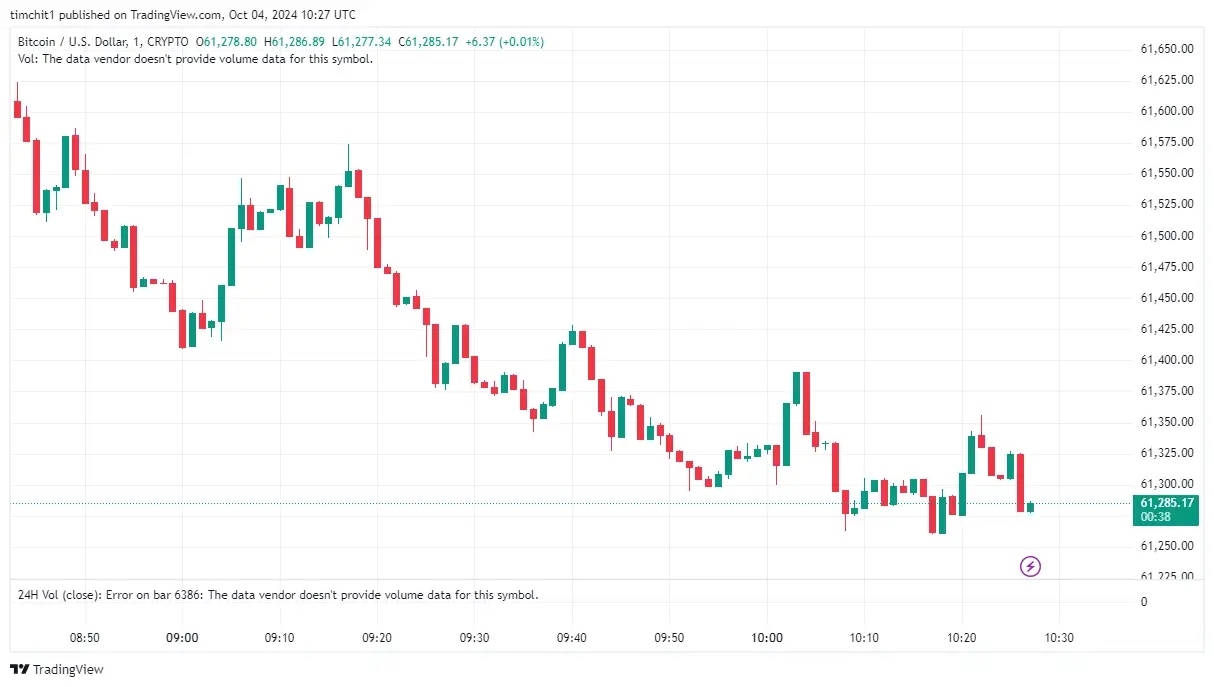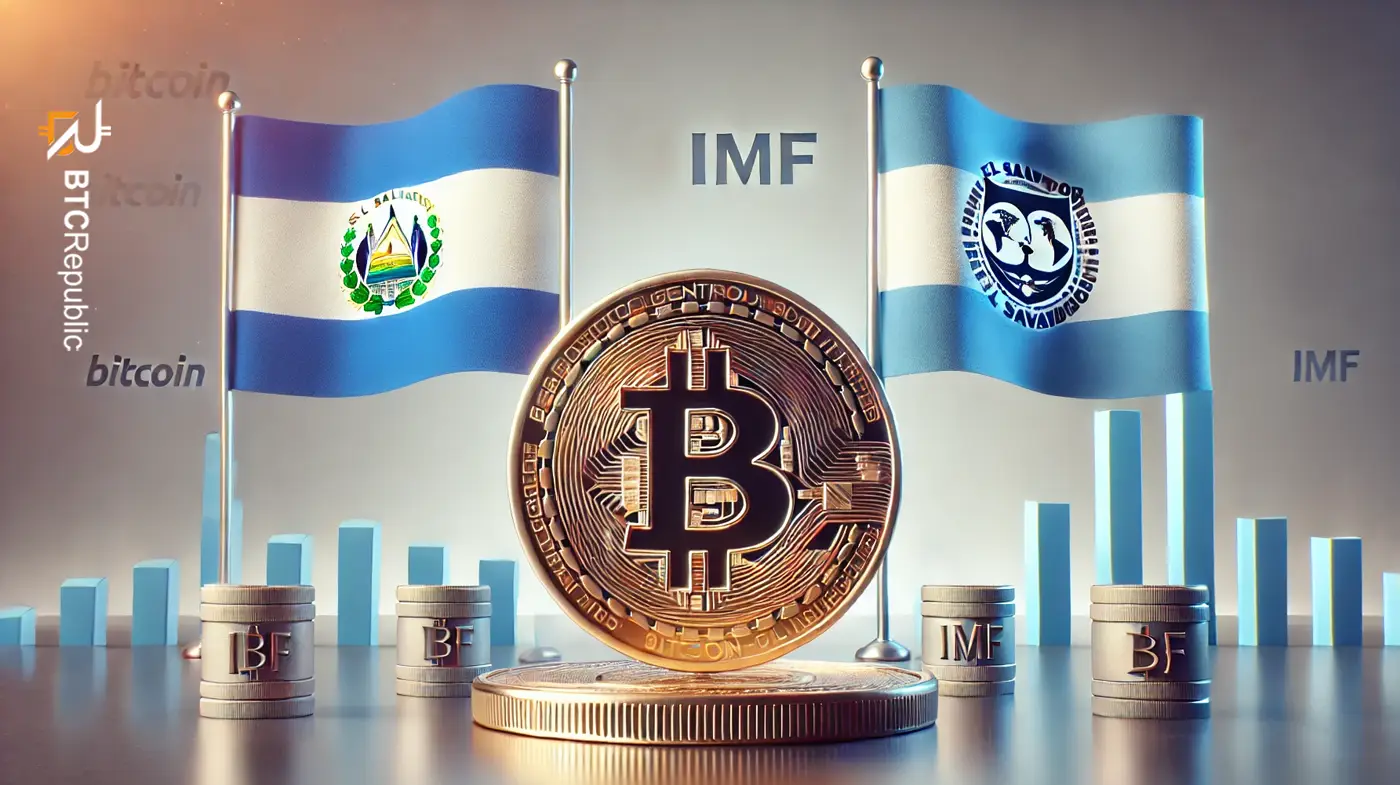The International Monetary Fund (IMF) has once again pressured El Salvador to strengthen its regulatory framework and oversight of the world’s largest cryptocurrency, Bitcoin (BTC).
This time around, the financial body urged El Salvador to limit the scope of its Bitcoin policies and the exposure of its public sector to Bitcoin.
According to the IMF, it seeks to reach an agreement with El Salvador on a program for macroeconomic stabilization and growth reforms.
IMF Pressures El Salvador On Bitcoin Regulations
During a press conference on Thursday, October 3, 2024, the International Monetary Fund (IMF) reiterated its calls for El Salvador to limit its scope on Bitcoin policies, which involve legislation and adoption.
At the conference, the body’s director of communications, Julie Kozack, revealed that the IMF has been in continuous talks with the Salvadoran authorities on Bitcoin regulations. She also stressed the need to narrow down the scope of the country’s Bitcoin policies.
She said,
What we have recommended is a narrowing of the scope of the bitcoin law, strengthening the regulatory framework and oversight of the bitcoin ecosystem, and limiting public sector exposure to bitcoin.
Nayib Bukele, the president of El Salvador, passed the bill to make Bitcoin its legal tender in the country in 2021, becoming the first country in the world to do so.
Since then, the IMF has persistently warned the country against its continued use of Bitcoin and to adopt a more traditional financial system.
Despite the repeated warnings and market volatility, El Salvador kept on buying Bitcoin tokens. Currently, El Salvador holds a total of over 5892 Bitcoin tokens.
Last August, the IMF again restated its demands, admitting that most of the risks associated with Bitcoin adoption “have not yet materialized.”
This came after Bukele revealed that the Bitcoin experiment in the country had mixed results. He added that though the crypto witnessed limited domestic adoption, which is below his expectation, he remains “net positive” for the country.
Is The IMF Hostile Towards Bitcoin?
The IMF’s constant hostility towards Bitcoin is well recorded, and El Salvador is not the only country feeling the heat. For instance, the financial body offered technical consulting to help Andorra record and monitor BTC transactions in 2023.
In March 2024, the IMF advised Pakistan to introduce a capital gains tax on cryptocurrency before it can qualify for a $3B loan. The IMF also recently proposed taxing energy used for cryptocurrency mining to reduce carbon emissions.
While the body continues its harsh stance against Bitcoin and other decentralized digital assets, it is encouraging the global use of central bank digital currencies (CBDC).
Last month, the body launched the REDI (Regulation, Education, Design, and Incentives) framework for CBDC development.
The REDI framework aims to help central banks make CBDC adoption more acceptable to their prospective residents.
At press time, Bitcoin was trading at about $61,325.62 with a 24-hour trading volume of $34,654,137,317.82.





